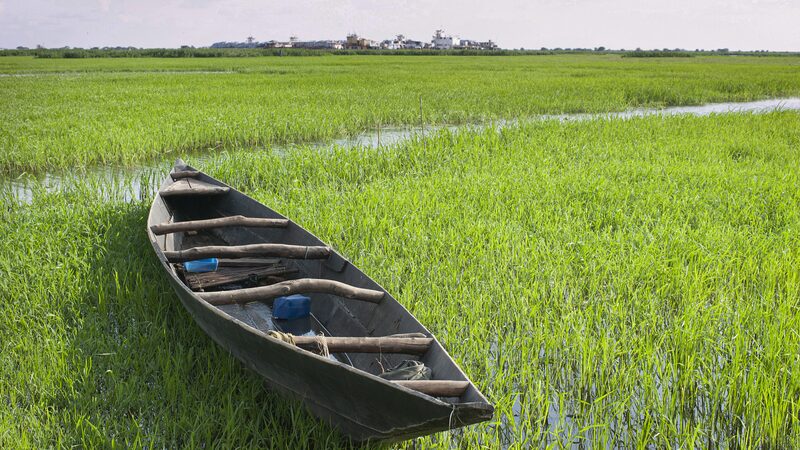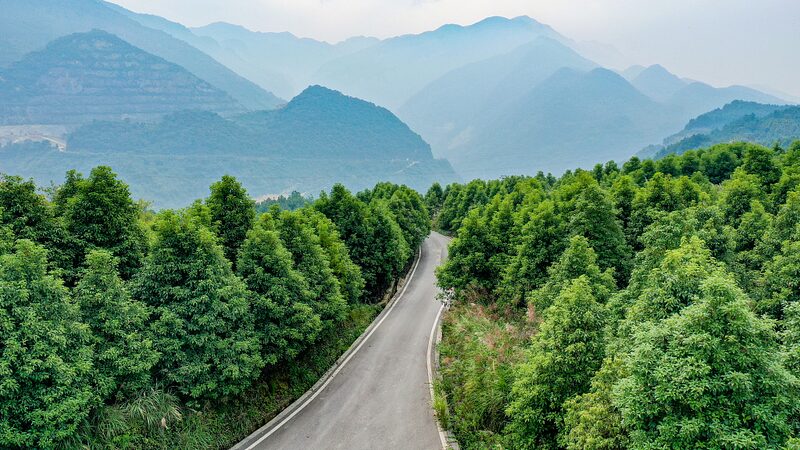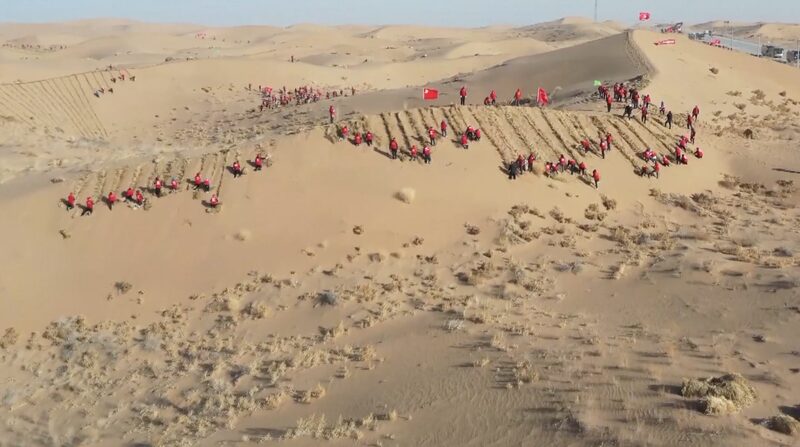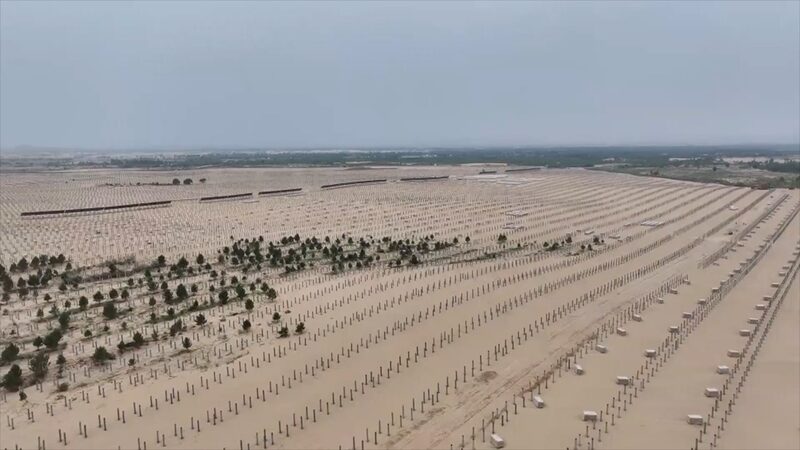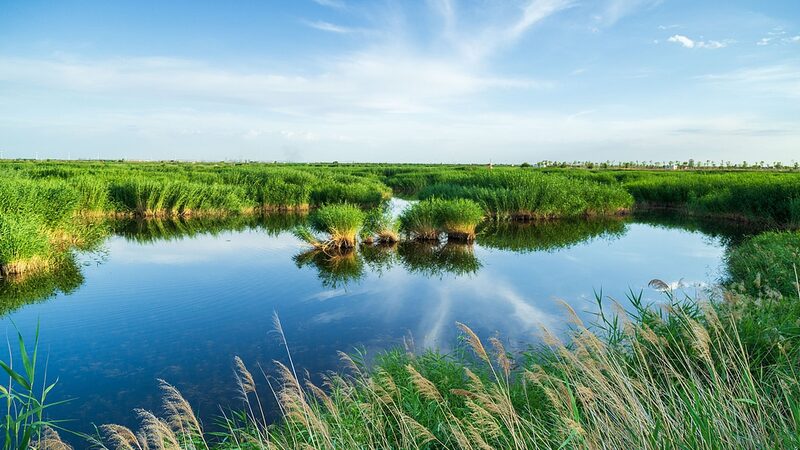Juba, South Sudan – On Wednesday, South Sudan launched a five-year, United Nations-backed project aimed at bolstering the resilience of vulnerable communities against the impacts of climate change while restoring vital ecosystems.
The Watershed Approaches for Climate Resilience in Agro-Pastoral Landscapes (WACRESS) is a $33 million initiative designed to benefit more than 75,000 people and rehabilitate over 15,000 hectares of degraded land.
This ambitious project underscores the global urgency to address climate change, particularly in agro-pastoral communities that are heavily dependent on natural resources. By implementing watershed-based approaches, South Sudan seeks to enhance food security, promote sustainable land management, and improve livelihoods.
Relevance to Asian Communities
Asian nations with significant agro-pastoral populations, such as India, Pakistan, and parts of Central Asia, face similar challenges due to climate change-induced droughts, floods, and land degradation. South Sudan’s WACRESS project offers valuable insights into building community resilience through ecosystem restoration and sustainable practices.
Implementing such projects can foster regional cooperation, knowledge exchange, and the adoption of best practices across continents. As climate change continues to pose a significant threat globally, collaborative efforts become increasingly crucial.
Global Call to Action
The launch of WACRESS serves as a reminder of the shared responsibility nations have in combating climate change. It highlights the importance of investing in projects that not only protect the environment but also enhance the well-being of vulnerable populations.
For Asian countries, observing and adapting successful strategies from other regions can accelerate progress toward achieving sustainable development goals and ensuring a resilient future for agro-pastoral communities.
Reference(s):
South Sudan launches agro-pastoral climate resilience project
cgtn.com
